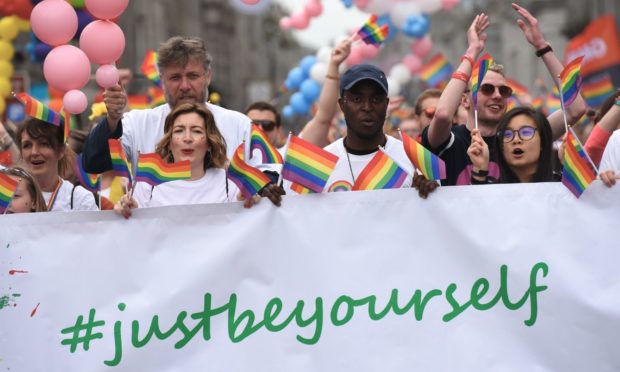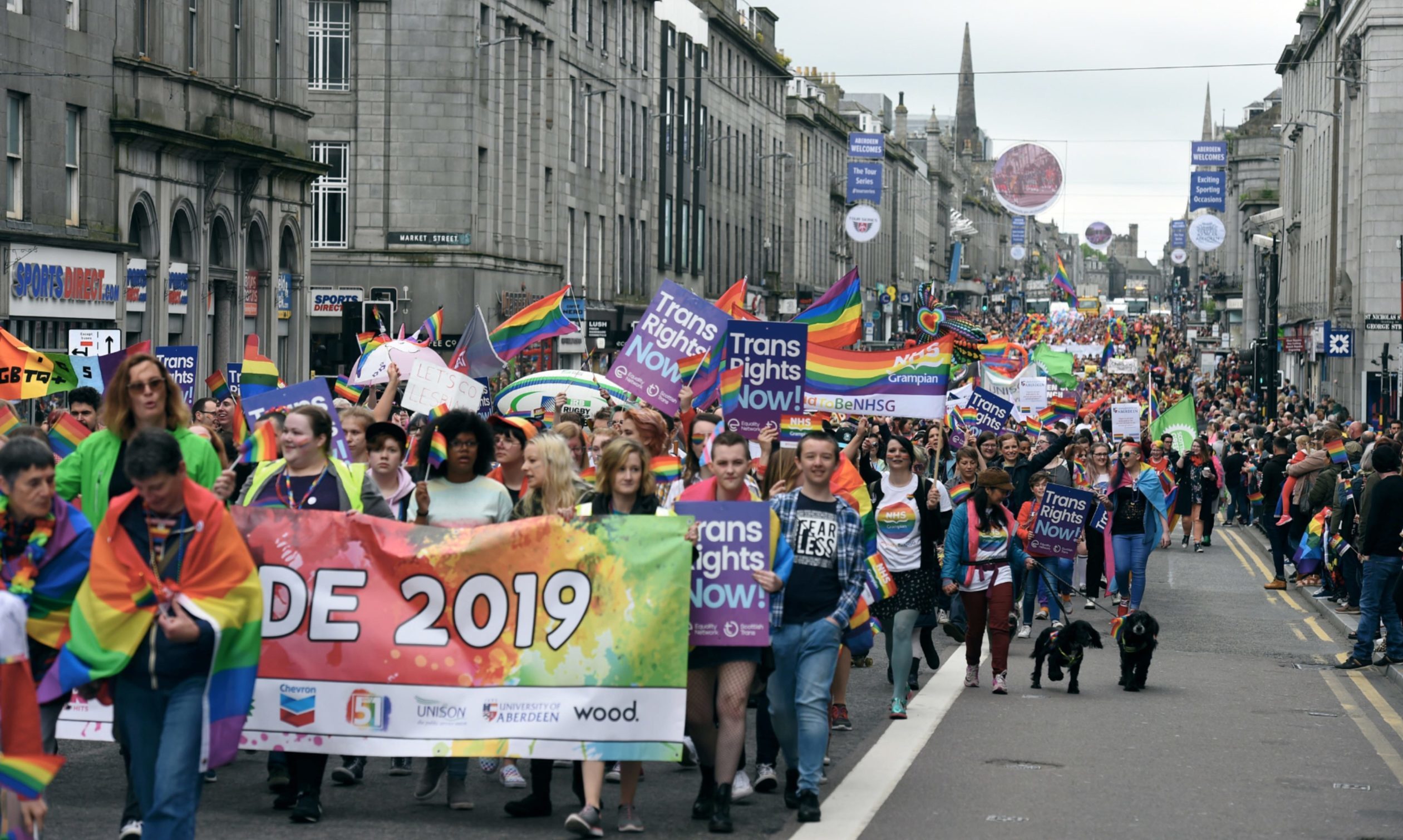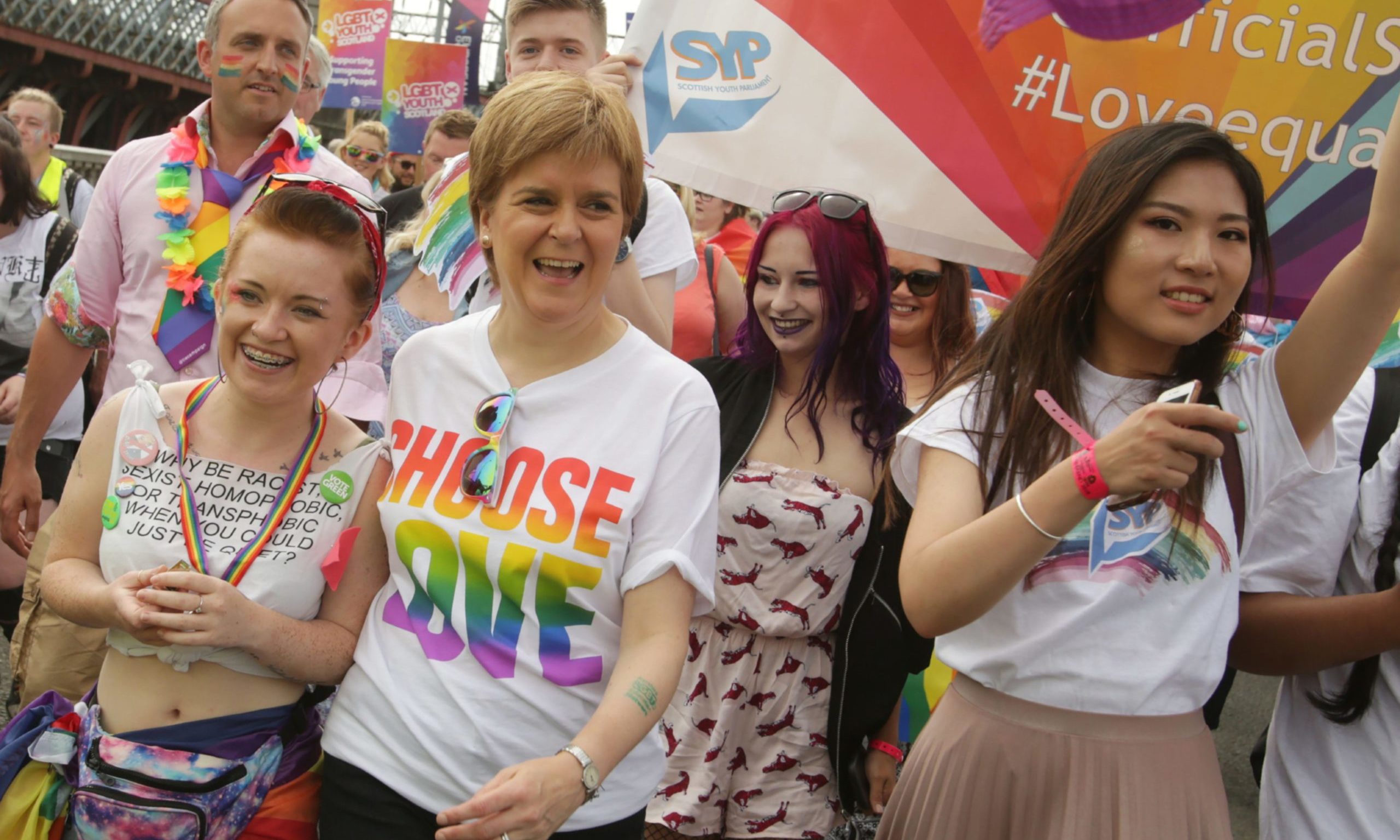Here’s the thing: I haven’t always known.
Something I find with many think pieces written by LGBT folk is that they talk about how they “always knew” or “could tell something was different about them.” Which is wonderful; please don’t misconstrue what I’m saying.
It makes me happy that these people could know so early who they were, know such a big and crucial part about themselves, and that blessing would have helped them solidify their own identity further – but I didn’t know.
When this narrative of ‘I always knew’ is the only one given a platform, it becomes disingenuous to those who didn’t
That doesn’t make me any less of who I am – which is a gay trans man – it only means finding someone out there I can relate to is a bit difficult. Because when this narrative of “I always knew” is the only one given a platform, it becomes disingenuous to those who didn’t. To those who went through broken marriages, who lost partners and friends and family members much further in their lives, during the process of realisation.
I find only having this narrative breeds a sense of: “I’m too late to be truly me” at ages as young as 25 among the community. This in turn feeds into the feeling of “not belonging”, resulting in going back into the closet, or further depression.
Finding the right community helped me to find myself
I could attribute my “not knowing” to where I grew up – one of the “least safe” European countries to live in as someone who is LGBT. I could do that, but it then discredits people who live there and do know, or those who live in safer countries who don’t know.
I realised who I was not when I moved to the north-east of Scotland, but when I found myself a community. It was when I was among others who were gay or trans or both that I felt safe to not only explore who I was, but also embrace who I was. I felt welcomed and accepted by them, and looking back now, I can say that I saw my own sense of self reflected in how they carried themselves confidently.
Finding a community where you’re allowed to flourish as yourself and to explore who you are in safety, not fear backlash or even real life violence when you’re just trying to understand yourself, is a necessity – not a desire – for many LGBT people.
It is vital that members of the LGBT community (even more so when they are within other marginalised groups) have that secure safe place – that sense of privacy when getting to know themselves around those who want to help them discover themselves further.
I gave up on my dream of being my authentic self
When I moved and got a full-time job, my support group fell by the wayside. I had to put who I was on the backburner to make sure the shaky building blocks I’d set up underneath me didn’t come tumbling down. I lost contact with all of them one by one, not from falling out but from growing up and going different directions in life – and then I suffered because I officially had nowhere I could be my true authentic self.
I realised that painting myself as a lie was feeding the flames of isolation and sadness, burning me up from the inside out
Because I was new to the area, I didn’t have friends from school I could get back in touch with. I didn’t have neighbours or after-school activities that had inbuilt networks of friends who I could speak to about my loneliness. I gave up on the dream I had of one day being the true, authentic me I wanted to be.
Until last summer, when I was staring at the four walls of my flat. I realised that painting myself as a lie was feeding the flames of isolation and sadness, burning me up from the inside out. And I didn’t want to do that to myself anymore. I didn’t want to lie to myself anymore. So I spoke to my GP, and she pointed me in the direction of Four Pillars.
You’re not alone
It was the loss of a supportive community that drove me to such low points, and looking back on it opens my eyes further to how important having that shoulder to rest your head on is. Things aren’t fantastic now, but they’re better, and it’s thanks to the friends I’ve made and the support everyone at Four Pillars gave me.
If you’re reading this and you’re LGBT, know that there are people out there like you who want you to know you’re not alone, and that support for you is just a web search away.
If you’re not LGBT, know that you can give that support and be that shoulder. Experiencing something similar isn’t a prerequisite for empathy and kindness.
Roman Berriman lives in the north-east of Scotland and volunteers with charity Four Pillars, which supports Grampian’s LGBT+ community


